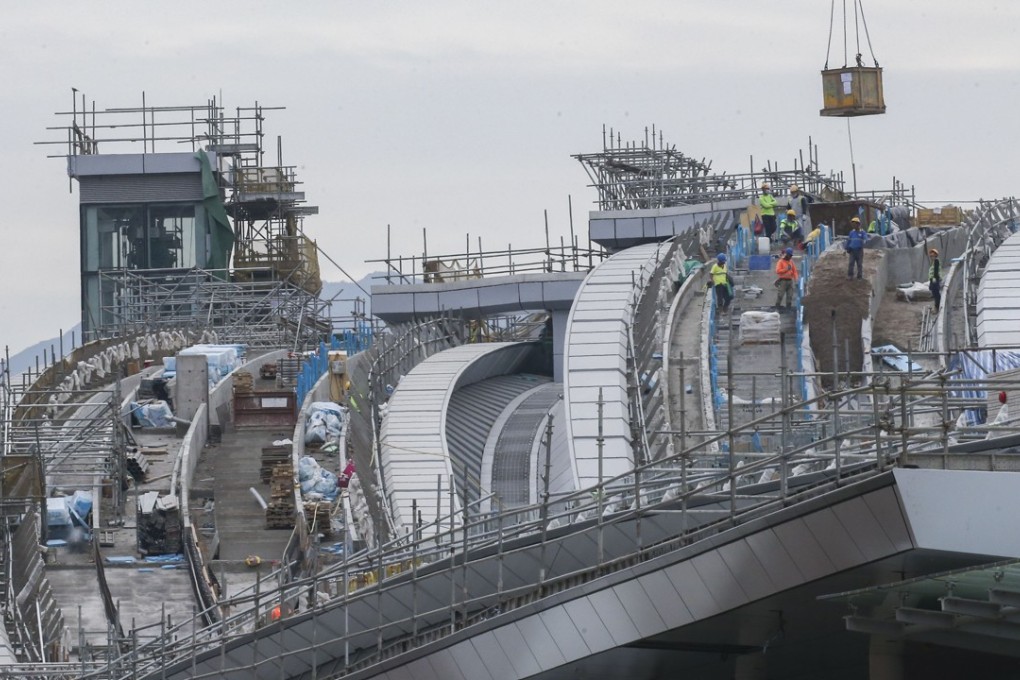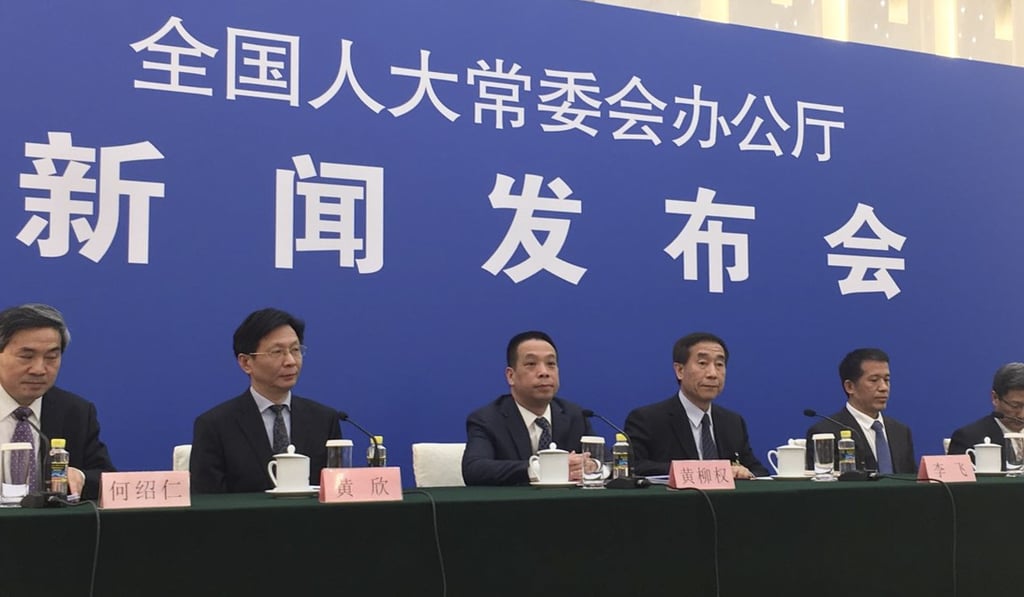Hong Kong Bar Association ‘appalled’ by approval of joint checkpoint plan, saying it ‘irreparably’ breaches Basic Law
Organisation slams top legislative body’s decision on co-location arrangement for cross-border rail link, calling it most retrograde step since 1997

Hong Kong’s Bar Association was “appalled” by a decision made by China’s top legislative body on a joint checkpoint plan for a cross-border rail link, saying the move was the most retrograde step since 1997, with the city’s mini-constitution being “irreparably breached” and the rule of law “severely” undermined.
“This plainly amounts to an announcement by the NPCSC that the cooperation agreement complies with the constitution and the Basic Law ‘just because the NPCSC says so’,” the statement said.

“Such an unprecedented move is the most retrograde step to date in the implementation of the Basic Law and severely undermines public confidence in ‘one country, two systems’ and the rule of law in the Hong Kong Special Administrative Region.”